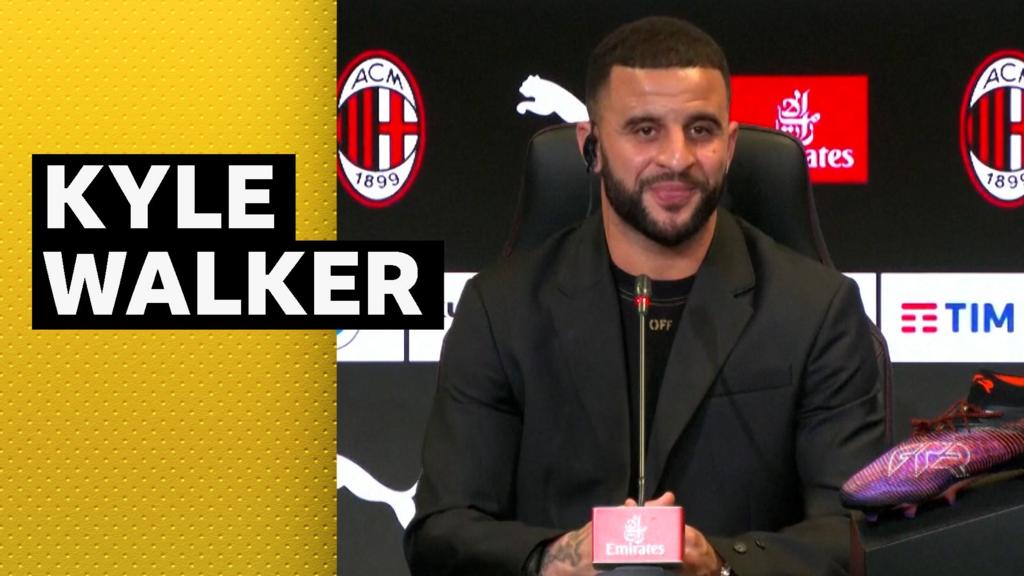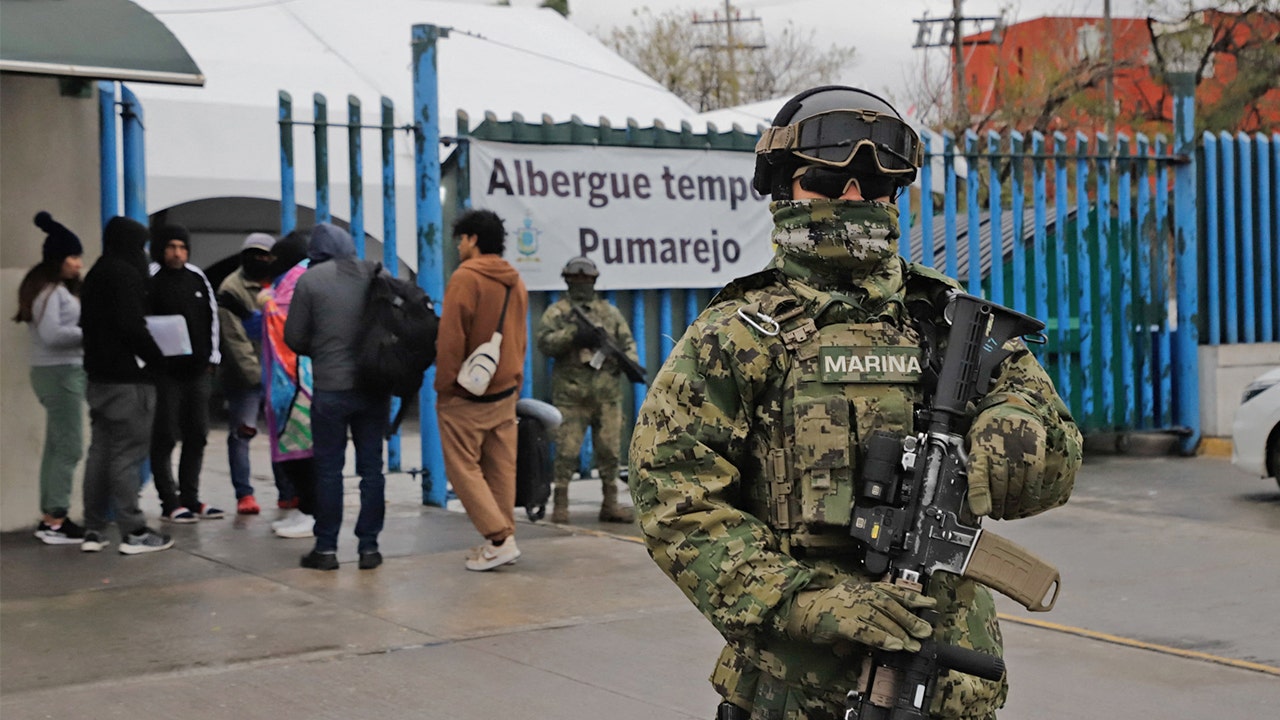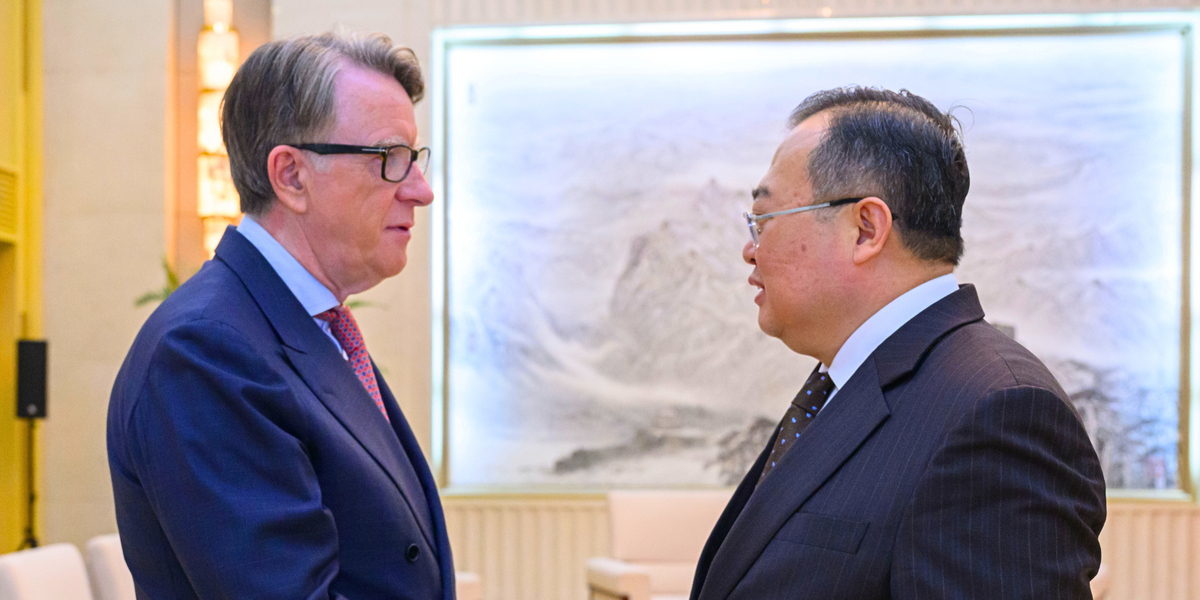In the flurry of the first few days of Donald Trump’s second presidential term, it was easy to miss.
While signing a string of executive orders following his inauguration last month, Trump said North Korea had been “a tremendous threat” when he first became US president in 2017 but suggested that North Korean leader Kim Jong-un would be happy to see his return.
“He liked me; I liked him. We got along very well,” he said. “He is a nuclear power, but we get along.”
In doing so, Trump appeared to have tacitly acknowledged North Korea as a nuclear power, departing from the policies of previous administrations – including his own.
While Trump’s remarks appeared to be an impromptu address and not formal recognition, they followed similar remarks by US Secretary of Defence Pete Hegseth on January 14, who referred to North Korea as a “nuclear state” during his confirmation hearing.
Trump’s comments suggested a possible shift from Washington’s long-held position – that is, refusing to recognise Pyongyang as a nuclear power despite its possession of nuclear weapons – amid the president’s signals of eagerness to revive nuclear talks with North Korea.
However, analysts said Trump’s approach to Pyongyang was likely to upset Beijing if he pursued bilateral nuclear talks with North Korea and bypassed China.

 By South China Morning Post | Created at 2025-02-02 00:02:54 | Updated at 2025-02-02 02:49:16
2 hours ago
By South China Morning Post | Created at 2025-02-02 00:02:54 | Updated at 2025-02-02 02:49:16
2 hours ago








